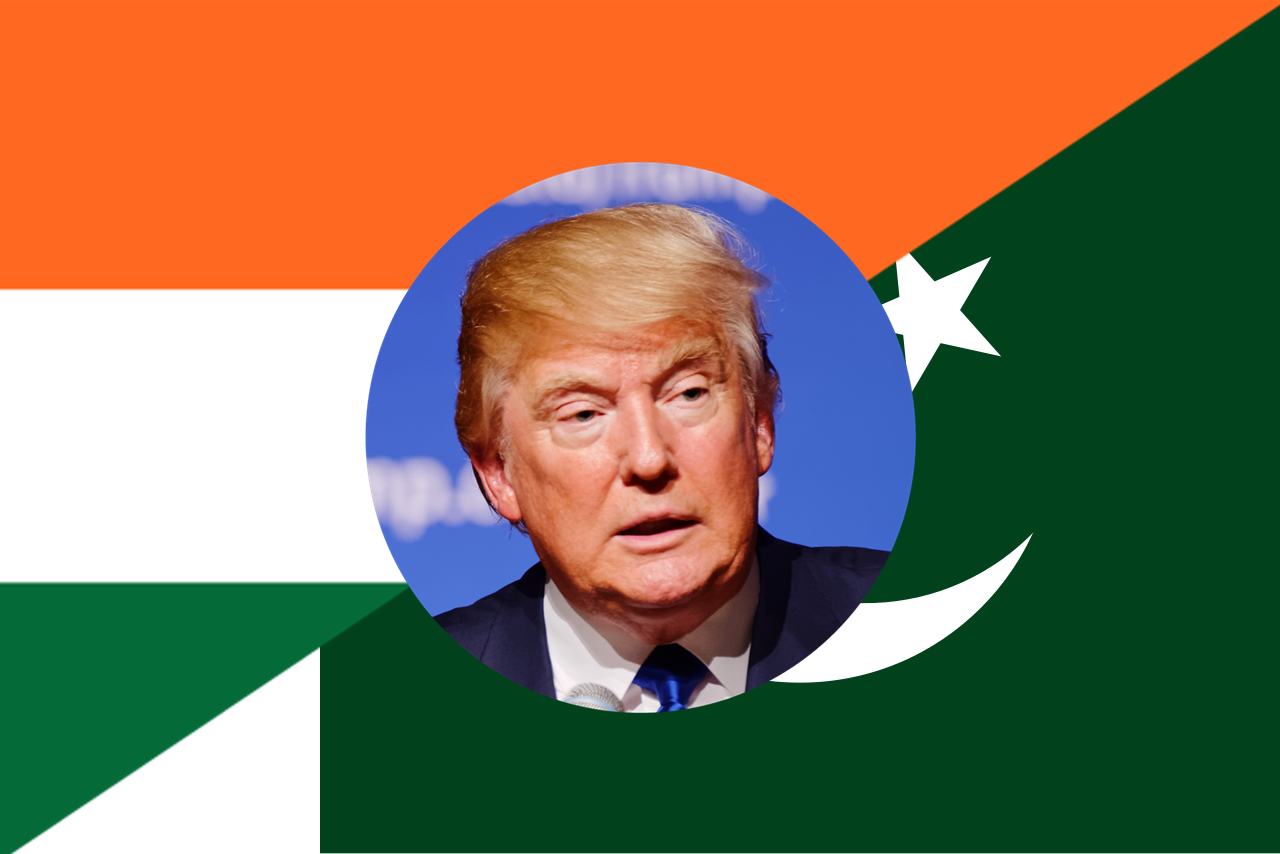13 August 2025
Pakistani Field Marshal Asim Munir spoke at a black-tie dinner hosted by a Pakistani-origin businessman in Florida on Saturday. There were close to 100 people at the dinner. It may have been a private event, but the adage is that the mic is always on.
His comments have elicited an Indian response as he purportedly described Kashmir as the jugular of Pakistan and how India was targeting it. He also purportedly stated that: “We are a nuclear nation. If we think we are going down, we’ll take half the world down with us.”
Field Marshal Munir was in the United States for a farewell event for General Michael Kurilla, the 15th commander of the United States Central Command. This was his second trip to the United States in as many months. President Trump hosted Field Marshal Munir during his first trip, and Trump disagreed with India over the mediation that took place.
The Trump administration has not been unabashedly coy about moving closer to Pakistan. Pakistan was on the path to nominating President Trump for a Nobel Peace Prize before the attacks on Iranian nuclear facilities.
The US just increased the terror designation level of the Balochistan Liberation Army (BLA), also known as the Majeed Brigade. Secretary of State Marco Rubio stated that it demonstrated the administration’s commitment to countering terrorism. But it is a bit more than that. The United States just placed the Balochistan Liberation Army on the “foreign terrorist” designation from the 2019 designation of a “specially designated global terrorist” organization. The new designation means that, under US law, supporting the BLA is a crime. Pakistan claimed that India has been supporting the group.
The Trump administration placed a 25% tariff on India for its import of Russian oil, which will increase tariffs from India to 50%. India estimates that 55 %of its goods exported to the US will face tariffs.
The Trump administration is walking into a diplomatic row between India and Pakistan. It is a matter of time before the Trump administration attempts to weigh in on the water sharing disagreement between India and Pakistan, where India has severely limited water supplies to Pakistan. The treaty’s court of arbitration recently supported Pakistan’s interpretation of the treaty and not India’s case of limiting Pakistan’s water supplies.
However, it is not even just tariffs and the BLA, but also the narrative on how the post-Pahalgam conflict was de-escalated. India stated that the ceasefire was achieved through talks between Indian and Pakistani officials and not through US mediation.
Trump stated to reporters that:
“Well, I stopped a war … I love Pakistan. I think Modi is a fantastic man. I spoke to him last night. We’re going to make a trade deal with Modi of India.
But I stopped the war between Pakistan and India. This man was extremely influential in stopping it from the Pakistan side, Modi from the India side, and others.
They were going at it — and they’re both nuclear countries. I got it stopped.”
In retaliation, there are conflicting reports on whether India will put a pause on US defence imports. There was one report that stated that India will put a pause on US imports. However, another stated that these reports are false and fabricated and that items such as the Javelin anti-tank missile are still being imported. It is still a grey area if US defence imports have been paused.
Some Indian commentators have warned against Western defence imports after the introduction of tariffs. If taken seriously, it may begin a trend of India moving toward Russian or Turkish imports. India has mounting reasons as to why it should not import Western goods. Defence Minister Rajnath Singh even stated that India was striving to be “technologically advanced and self-reliant”. Now the USD 8.7 billion defence increase has been called into question in terms of foreign collaboration.
During India’s Operation Sindoor, Pakistan downed India’s Rafale fighter jets. This led to China asserting influence globally through its embassies to discourage potential buyers from procuring the French Rafale. Given the performance of the Rafale, French officials tried to pressure India on the specifics as to why the Rafale failed in combat and the overall conditions. India is also in a row with France as it will not provide any source code that will allow Indian weapons onto the aircraft.
If we have heard this before, it is because of Ukraine. There have been many operational limitations placed on weapon systems which has hampered Ukraine’s response. Weapons that can only be used in defence of Ukraine and not within Russian territory, etc. Given its geostrategic and political location, it cannot afford limitations imposed by the West if there is a war in Pakistan or China. Especially given the ebb and flow of Western feelings within South Asia.
The frustrations caused by the Trump administration will likely make India more inward-looking and therefore less likely to look to the West for defence contracts or diplomatic support. In this instance, it will mean that India will look toward other non-Western options.
For instance, India has a deep history with Soviet/Russian defence contracts and India has been developing military projects with Russia, including the BrahMos long-range supersonic cruise missile (which India is procuring more than 110 of) and the now defunct PAK FA TR-50 fifth generation stealth fighter. India’s policy of non-alignment and relations with all will force a recalibration if America continues to cozy up with its Pakistani neighbour, whose Field Marshall proclaimed some sabre rattling.


